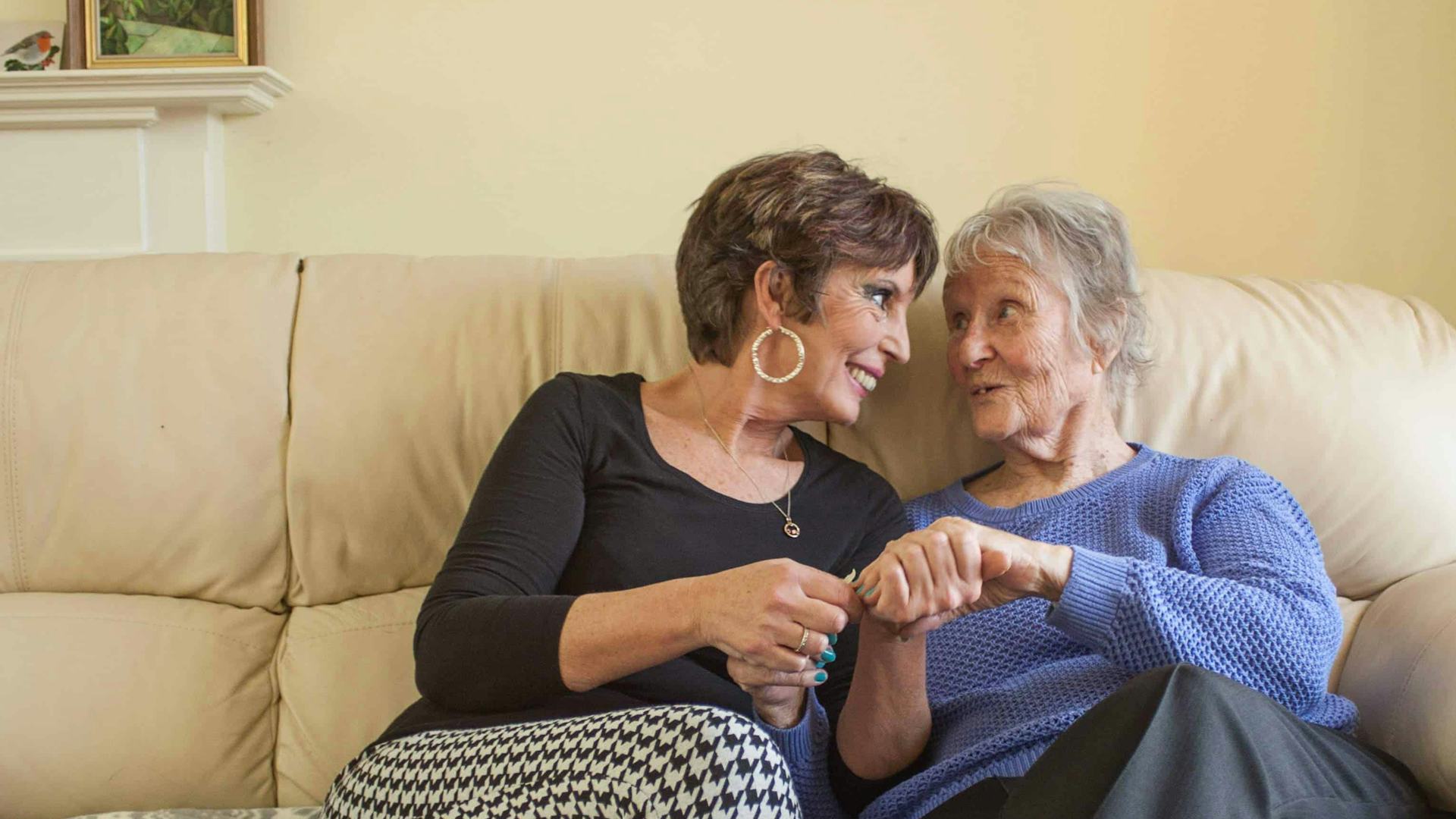Using music as an aid for dementia

Music can be an easy and enjoyable type of therapy for dementia. Music is around us from a very early age; our parents most likely listened to music they enjoyed. Not all the early music we listened to growing up would shape our own music tastes, but there will always be some of the classics that are often listened to or used by many throughout most of our lives.
Dementia affects 47 million (*) people worldwide. ‘Dementia’ (*) is the word to describe the symptoms caused by diseases of the brain such as Alzheimer’s. The symptoms include loss of memory, difficulties with thinking and problem solving, and can affect their behaviour and personality. It can very seriously affect someone’s life. Alzheimer’s disease is the most common cause for people over age 65. It’s a progressive disease that deteriorates over time and affects the memory and self-identity. There are hints that musical memories are spared, which has led to a debate about how common this is, and how music could be used widely to help patients with dementia.
“In the healthy brain, music is a very, very vivid way of reanimating memories,” says Jason Warren (*), a professor of neurology at University College London. “But it’s not clear in dementia when you have a damaged system, whether it would bring back reminiscence and familiarity of the experience, or whether it would actually bring back the details.” Either way, music is quickly being recognised and a tool and even a form of therapy to help those living dementia gain access to memories that everyone once believed may have been lost forever
Music accesses different parts of the brain to language or other methods of communication. This means that when someone with dementia may not understand words very well, music could engage them in a whole new way.
The best way to get a response or engagement from the person with dementia is to play music that you know they like or music with which they associate memories.
What type of music is best for dementia support?
Unfortunately, there is no ‘Top 40’ for songs that will help those with dementia therapy. Everyone has different tastes in music and different associated memories. However, there are some types of music that will be considered more universally effective when being used for music therapy.
Depending on the type of engagement and the result you want, you can use a range genres as we outline below. Music is easily available from smart phones and tablet devices, and with a huge number of services to choose from, a monthly subscription to a service will allow access to a whole database of music.
Music for different situations and goals for dementia
Regardless of personal taste, different types of music are required achieving for different goals:
Relaxation & Stress Reduction

Either as background music or music that is being actively listened to, you can easily find many genres that provide a slow and soft type of ambient music to help calm someone living with dementia Classical music (*) is a very popular option that helps many people relax (*) and can act as a stress reduction (*). This music is often used for some therapy or relaxation techniques. This is a link to a sample of the classical music (*) that you can easily find online
Active Music
Helping those with dementia to keep active and have a productive day can be one of the biggest difficulties. Music with a faster beat can help promote activity. The fast beat can help you get in a state of mind where you are more willing to get up and do things and be more active than usual. People that do physical activity will often have music that has a faster of heavier beat or rhythm to it to help keep them going and to prolong the hyped feeling during physical activity.
For someone who lives with dementia, this could mean just getting up and being ready to go for a walk or going to a local support activity group. The music you are likely to play for someone with dementia is, of course, going to be different from what someone would listen to at the gym. The music will also need promote a feeling or memory within the person.
The genres they are used to will be very different from those who are younger and without dementia. One thing it will have in common is it will have 120 – 126 BPM (Beats Per Minute) (*) so it is a fast for keeping the brain moving in an active manner.
Interaction

Many people love a sing-along. For those who don’t, if it meant having some quality interaction with you or loved one, I’m sure they would dust off their vocal cords for a song or two. Often some of the old classics that they grew up with can do the trick. The songs we all heard growing up, that we watched our parents sing, embarrassing at the time, but often a fond memory. Even, some of the more modern music that have catchy beats and lyrics to them often work as the words just get stuck in the mind easy.
So many music genres from all decades have a range of well-known classics with easy to learn lyrics, it really does depend on the music taste of the person to what music will get the response you want.
- Queen’s classic song, We Will Rock you and Bohemian Rhapsody
- Bon Jovi, Livin’ on a Prayer
- Abba, Dancing Queen or Mamma Mia
- Pink Floyd, Another Brink in The Wall
- Frank Sinatra, I Did It My Way, New York New York
- B52’s, Love Shack
- Lady Gaga, Born This Way
- Adel, Rolling in the Deep, Hello
When and How to Introduce Music for Dementia
It is important to let the person living with dementia know you are going to put some music on. Let them see you do this, by putting on a cassette, record, CD or show them the smart device so they are aware and consenting. At first, have the music quiet and slowly increase the volume, but never too loud. Try different genres of music to see what affect they have on the person. If you can work out music for different situations, this can be a valuable tool on day-to-day support.
Pay attention to the person with dementia.

Music may not always get a happy reaction. Music could bring a memory to mind that may cause some upset. When playing music, pay close attention to the person’s reactions. Pay special attention to the music or song that may appear to cause distress, uncomfortable body language or facial expressions and try to avoid those songs.
When is the best time for using music for dementia?
There are always times to celebrate: Christmas, Birthdays, Anniversaries. They can all include a bit of a sing song, especially when you know what it will do for that loved one who really needs that extra bit of company and stimulation. Use music to create new memories. These memories can be even more special, as these are memories that most will think they will never be able to create moving forward. Music can be such a powerful tool; it’s present in our lives each day and can unlock a person’s mind in a totally different way.
Trinity Homecare supports dementia

Trinity homecare has a great guide selection for dementia along with other advice. Trinity offers several services for those living with dementia and many other conditions. These services range from Live-in care, visiting care and many other services including respite care.
Article Resources (*)
Trinity Homecare Dementia Guide
https://www.trinityhomecare.co.uk/resources/guide-library/dementia/
Sample of Classical
https://www.youtube.com/watch?v=AlZi6LYfAs0
Music for the gym or running
https://www.youtube.com/watch?v=mPBf2hUnyVA














